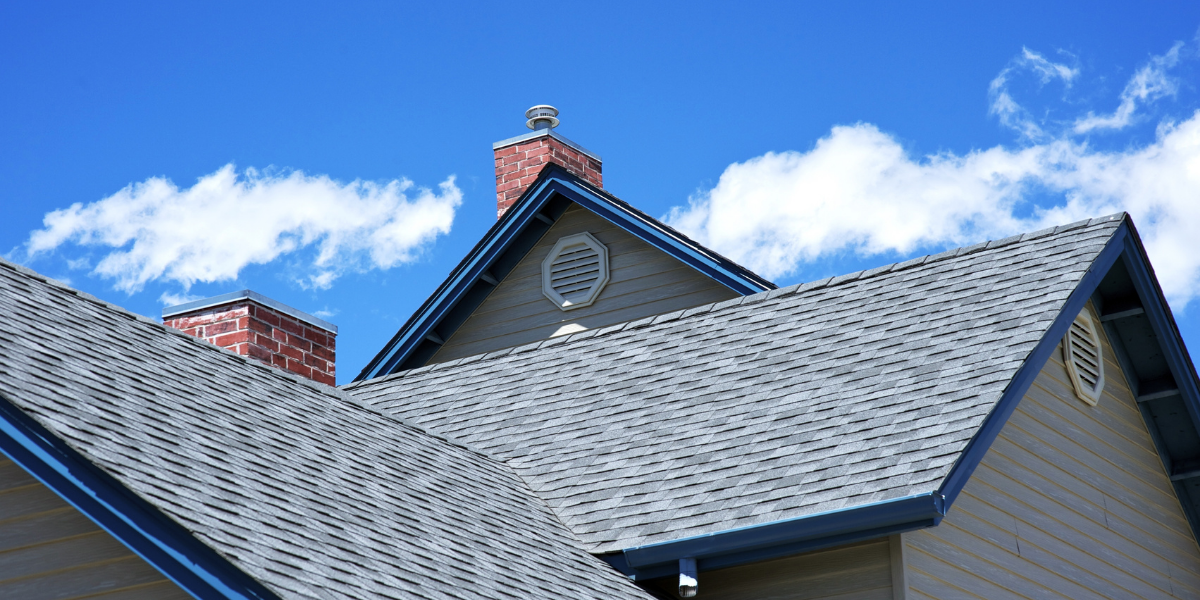
Buying a home isn’t just about the square footage or how pretty the kitchen backsplash is. As a smart buyer, you’d want to dig a little deeper, and that includes asking how old certain parts of the home are.
Some things age better than others, and knowing what’s nearing the end of its life span can help you budget, negotiate, or even decide whether it’s the right house for you at all. So if you were buying a house, here are the key “ages” you’d want to know:
1. The Age of the Home Itself
Older homes can be full of character, but they might also come with outdated systems, wiring, or insulation. A 1950s home might have charm, but is it energy-efficient? Has it been updated?
Tip: Don’t just ask how old the house is, ask what’s been updated since it was built.
2. Age of the Roof
Replacing a roof is expensive, often $8,000 to $20,000+. Most roofs last around 20-25 years, depending on the material.
Ask this:
When was the roof last replaced? What materials were used? Any signs of leaks or repairs?
3. Age of the HVAC System (Heating & Cooling)
Your heating and cooling systems are crucial for comfort and energy bills. HVAC units usually last about 10 to 15 years.
If it’s older than that, factor in a replacement cost. Also, ask about regular maintenance; a well-maintained system can last longer.
4. Water Heater Age
Most water heaters last 8 – 12 years. When they go, they can leak or stop working entirely, and no one likes a surprise cold shower. Check the Age, tank size, and whether it’s tankless (those tend to last a bit longer).
5. Electrical Panel and Wiring
Outdated electrical systems aren’t just inefficient; they can be a fire hazard. Homes built before the 1980s might have outdated panels or aluminum wiring.
6. Plumbing System
Why it matters:
Old pipes = potential leaks, water damage, and costly repairs. Some homes used galvanized steel pipes that can corrode over time.
Tip:
Ask about pipe material, any past plumbing issues, and if a sewer scope has been done.
7. Age of the Windows
Old windows may look charming, but they could be letting all your heating/cooling energy (and money!) slip outside. Double-pane windows are much more efficient.
8. Age of Appliances
You might be getting a “fully equipped” kitchen, but if the appliances are on their last legs, you could be shopping for replacements soon after move-in.
Lifespan ranges:
- Refrigerators: 10–15 years
- Dishwashers: 7–12 years
- Ovens: 10–20 years
You’re not just buying a home, you’re buying everything that comes with it. So don’t be shy about asking these questions or bringing in a qualified inspector to dig deeper.
Thinking of buying a home in Texas?
We can help you look beyond the listing and find the right home, not just the right price. Visit ssghtx.com

